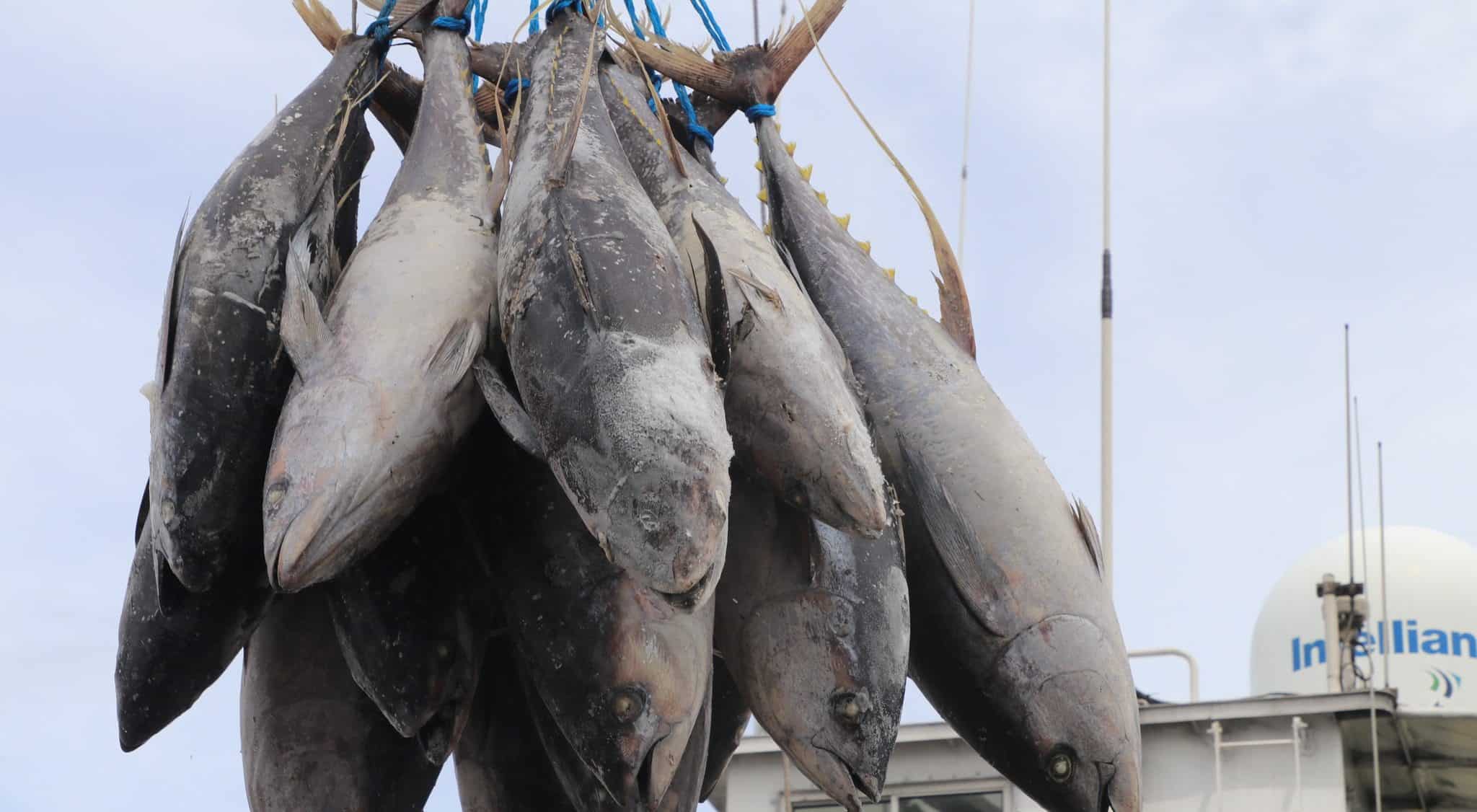Papua New Guinea’s National Fisheries Authority (NFA) says tuna supply issues facing the processors in Lae have nothing to do with the lack of fish stocks in the waters.
It added that the issues resulted from supply change arrangement from fishing vessel companies.
The authority reacted to recent media articles regarding the scaling back of operations of large-scale tuna processing plants like Majestic Seafood.
“In response to the statement of ‘no access to fish stocks’ being behind the closures, the NFA wishes to clarify that the tuna stock status of the Papua New Guinea exclusive economic zone fishing grounds is healthy.”
The country currently contributes 17 percent of the entire tuna catch inside Western and Central Pacific Fisheries Commission (WCPFC) waters (2.6m Mt), which translates to about 453,057 metric tonnes of tuna.
It is understood the Government is consistently aware of the issues and challenges of doing business here onshore, and therefore has consistently maintained implementation of policies that are conducive to enhancing industry operations.
It is important to understand that the companies that run the fishing vessels and the processing components are different entities with different finance and operating models.
The supply contracts are between the companies themselves, and the Government is not privy to having visibility of those contracts.
The authority said the shortage of tuna does not come from the fishing waters, but from the linkage of supply chain issues between the fishing vessels and the processing plants.
Managing director Justin Ilakini said: “We (NFA) are taking a number of reformative actions and larger scale policy reforms to ensure we continue to best support our tuna processing partners, but most importantly we best protect our people and their employment and continue to enhance their socioeconomic benefits.”
He noted that a number of policy interventions are already being drafted, including having supply contract visibility as a requirement for licensing conditions.
Some key policies being implemented included the vessel day scheme (VDS) and the rebate scheme.
The original daily rate for VDS set in 2018 was US$10,500 (K36,960) per day for PNG-based fishing vessels.
However, after recent consultation, a policy shift was made to reduce the price to US$6,500 (K22,880) for PNG-based vessels and US$7,500 (K26,400) for international vessels based in PNG.
According to the NFA, this reduction of rates is for PNG to maintain competition for fishing vessels in the region and to incentivise fishing vessels to come back to PNG waters. The rebate scheme was designed as an incentive by the Government to ensure tuna caught in PNG waters is processed onshore.
The original rebate rate was US$400 per metric tonne (mt) of tuna processed onshore, however, in 2021 following recommendations the amount was reduced to US$308/mt. Since 2018, the Government through the NFA has paid a total of K1.94 billion (US$393 million) in rebate to associated fishing companies.
